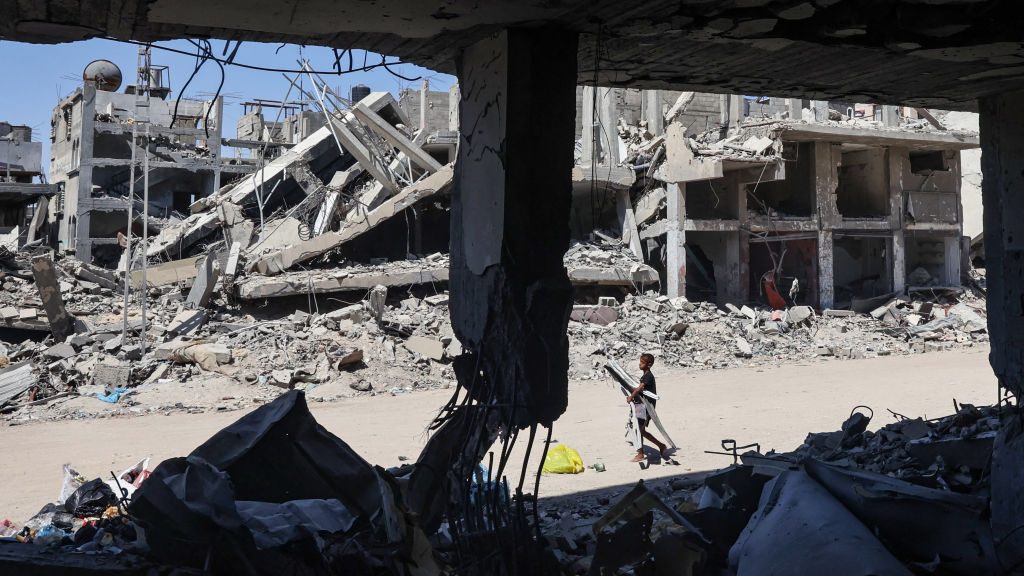Critical Humanitarian Crisis in Gaza Amid Ongoing Israeli Military Operations
As the Israeli military operations continue in Gaza, the situation for civilians has drastically deteriorated. According to a recent report by the UN humanitarian agency OCHA, no hospitals are accessible in northern Gaza due to ongoing Israeli sieges. Both Al-Awda and Kamal Adwan hospitals have been affected, with medical personnel and patients either evacuated or working under dire conditions. Dr. Hussam Abu Safiya, director of Kamal Adwan hospital, stated that while some medical staff remain, the facility is functionally compromised.
Struggles of Remaining Health Facilities
Adding to the crisis, the UN aid agency highlighted that 21 hospitals are out of service in Gaza, with only six field hospitals available. The remaining hospitals are overwhelmed, operating at four times their capacity. A severe shortage of fuel, medical supplies, and equipment threatens the functionality of these facilities. OCHA delivered 15,000 liters of fuel to Al Aqsa Martyrs Hospital but emphasized the urgent need for more to prevent a catastrophic health crisis.
International Calls For Humanitarian Access
Amid the crisis, the UN Security Council passed a resolution demanding better protection for humanitarian workers in Gaza. The resolution, supported by over 90 nations, seeks enhanced security measures for those working under extreme risks. Martin Griffiths, UN aid chief, underscored the severe impact of Israel's military actions, particularly in Rafah, which has displaced over 800,000 people.
In a significant ruling, the International Court of Justice ordered Israel to halt its military offensive in Rafah. Presiding Judge Nawaf Salam called the humanitarian situation 'disastrous,' noting that further military actions could lead to conditions amounting to genocide.
Limited Aid Delivery and Infrastructure Challenges
The installation of a temporary American jetty has facilitated some aid, with 97 trucks reaching Gaza since May 17. However, the continued closure of the Rafah border crossing following its capture by Israeli forces on May 7 has critically restricted aid delivery. Reports indicate that the IDF discovered Hamas tunnels in the area and closed the crossing to prevent terrorist activities. The UN and various NGOs have urged the reopening of this critical route to alleviate the suffering of Gaza's population.
- The recent seizure of the Rafah border crossing by Israeli forces has exposed underground networks allegedly used by Hamas for operations against Israel. This has justified continued military activities in the region, emphasizing security over humanitarian concerns.
- Despite the increase in aid delivery through the new American jetty, the overall aid reaching Gaza remains insufficient. The UN Office for Humanitarian Affairs noted that between May 7 and 23, only 906 trucks managed to deliver aid, leaving many areas without necessary supplies.
- Egyptian President Abdel Fattah al-Sissi has committed to allowing humanitarian aid to pass through the Kerem Shalom crossing, although the route remains fraught with logistical challenges and security risks.






